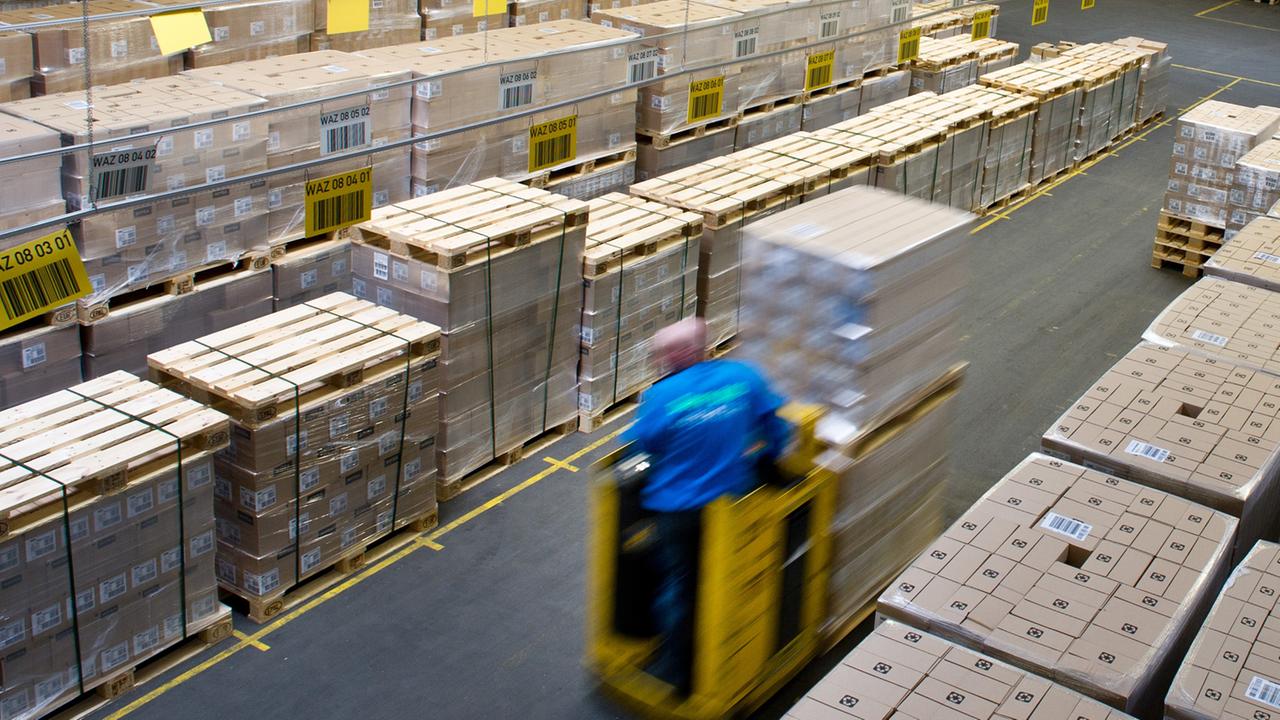background
The German economy is stagnating. While the vast majority of politicians and economists want to change that, there is also another way of looking at the issue. Why does the country need economic growth at all?
The critical view of economic growth has already found its way into the Duden: “Growth fetishist, the: representative of growth fetishism.” The Duden defines which view is represented in the meaning category as follows: “A view that elevates economic growth to a fetish.” In the “Use” category it says: “pejorative”. This returns a debate that began in 1972, when the “Club of Rome” presented a report on “The Limits to Growth”.
A good 50 years later, the customers of the Corn Poppy in Gießen, one of the oldest organic shops in Germany, argue in a very similar way. For Georg Rieck, founder and owner of the organic food store, it is also completely clear: “Eternal growth is simply not possible.” Everyone is now aware of this, as climate and biodiversity are being sacrificed for growth.
“Prosperity is based on growth”
Anyone who asks economist Volker Wieland about this point of view at Frankfurt's Goethe University is met with a shake of the head. Such an opinion is a bit like saying: “The electricity comes from the socket.”
Entrepreneurs like Andreas Widl also react with incomprehension to the idea of non-growth. He is CEO of Samson AG in Frankfurt am Main, a global manufacturer of industrial valves. “All of our prosperity is based on the growth of the past,” says Widl. Accordingly, foregoing future growth is completely unthinkable for him.
Quite the opposite – he is committed to growth and is investing almost 400 million euros in Offenbach. The company will be moving there because the old location in Frankfurt is now bursting at the seams. In order to be able to manage such investments, growth is needed.
Rates continue to decline
German economic growth has continued to slow over the decades: in the 1950s there were growth rates of eight percent or more, in the 1980s they were around two percent. In the past two decades it was only one percent per year, and in 2023 and 2024 there was even a slight decline in economic output.
This weakness is dangerous, argues the boss of the medium-sized company Samson. “Large corporations in particular invest where there is growth and where it can be expected in the future.” There is a risk of a downward spiral that reinforces itself.
Noticeable for everyone: stagnating real wages
Even economic expert Wieland cannot see any positive aspects of a shrinking economy. “If nothing grows, no increase can be distributed,” said the former economist. The result is increasingly tough battles over distribution: “If the state ultimately has to distribute losses in a shrinking economy, it will be really bitter.”
In an international comparison, Germany performs rather poorly in terms of growth and, above all, its growth prospects. The gap to the USA and other industrialized countries is increasing every year.
This weakness then affects the development of living standards. For example, people in the USA can afford more because real wages have risen since 2018. In contrast, German real incomes are stagnating. “Growth makes it possible to create more prosperity across the board,” said Wieland.
It can also be done without harming the climate
At the same time, growth must not continue to put further strain on the environment and climate. The major goal of “green growth” is to decouple growth and climate-damaging emissions. The trend in Germany is at least going in the right direction. Since reunification in 1990, the German economy has grown by almost half. At the same time, emissions of climate-damaging greenhouse gases fell by around a third over the same period. “So it works very well,” says Wieland. “With more growth, we can even protect the climate better.”
But in the current situation in Germany, more growth is only a wish instead of a reality. The central task for the new federal government is to ensure more growth. Because as different as the parties' recipes for this are, there is great agreement on the goal: more growth is better than no growth.





